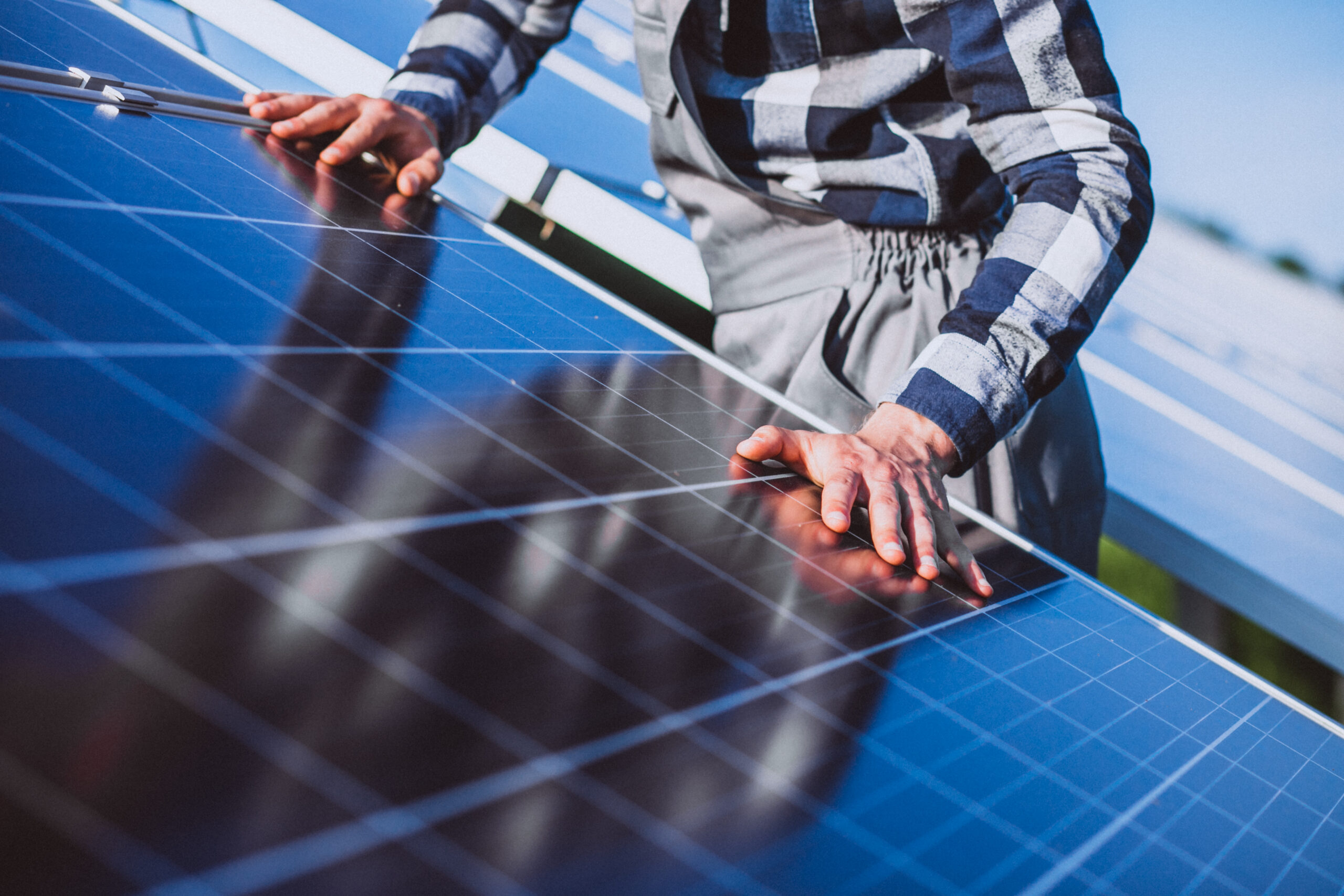
Can’t tell the difference between a gel and a tubular battery? To begin, each battery is named after the electrolyte and electrodes that it employs. So, here’s one distinction: a gel battery uses a gel electrolyte, whereas a tubular battery uses a tube-shaped electrolyte. But that’s not all! Though both of these are used as home inverter batteries, they provide very different benefits.
Continue reading to learn more about these two batteries, their differences, and which one you should choose.
The Gel Battery
These batteries are more commonly referred to as maintenance-free batteries. This is because they are sealed batteries with no need for distilled water top-up. As a result, they require no maintenance other than keeping the battery fully charged and clean.
Gel batteries cost more than flat plate batteries. They are, on the other hand, environmentally friendly, extremely safe, and efficient.
Tubular Battery
This battery is made up of tubes that are stacked vertically to form a comb-like structure. A tubular battery’s tube-shaped plates are armored and made of fiberglass, which aids in providing an uninterrupted power supply for long periods. Because of the structure and materials used in its construction, a tubular battery requires little maintenance.
A tubular battery is corrosion-resistant, environmentally safe, leak-proof, and efficient. More importantly, tubular batteries can be used to power heavy-duty appliances that require a constant current.
There are two types of tubular batteries: short tubular batteries and tall tubular batteries. Going by the name, a short tubular battery is short and broad. They are ideal for smaller homes due to their compact size. These batteries have capacities ranging from 60Ah to 180Ah.
When compared to a short tubular battery, a tall tubular battery is taller and thinner. This tubular battery has a capacity ranging from 110Ah to 220Ah.
Comparison Between Gel and Tubular Batteries
| Particulars | Gel Batteries | Tubular Batteries |
| Price | Expensive | Moderate |
| Maintenance | No maintenance required | Little maintenance required |
| Environmental-Friendly | Yes | No |
| Efficiency | Highly efficient | Highly Efficient |
| Warranty | 12 months | 18 months |
Which is better: a gel battery or a tubular battery?
Gel batteries are recommended if you want the best quality battery with high durability, long lifespan, and better performance. However, keep in mind that these will come at a cost. If cost is an issue, tubular batteries will provide gel battery-level performance at a lower cost.
Kartel can provide you with the best tubular and gel batteries available. So, if you want to learn more about the best inverter battery for home or other solar products for your residential or commercial needs, contact us today.




